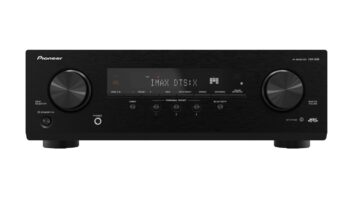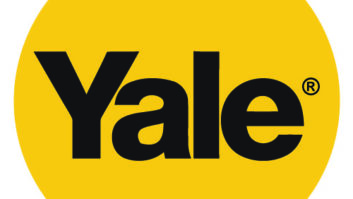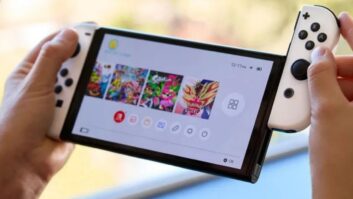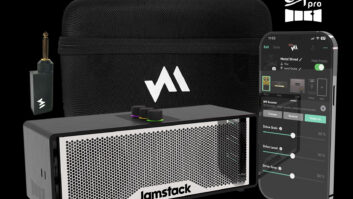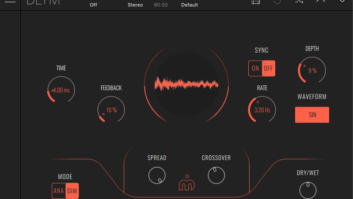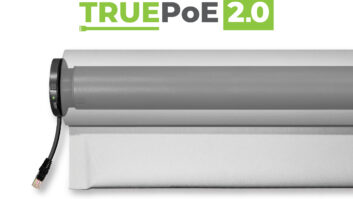Cingular Wireless will turbocharge its data services in 2005 with the planned deployment of 3G technology that will initially deliver average data speeds of 400Kbps to 700Kbps, with bursts to several megabits per second, leaping past rival EV-DO technology that delivers 300kbp to 500kbp throughputs, with bursts up to 2.4Mbps in the Verizon network.
Cingular will begin to offer compatible handsets in the fourth quarter of 2005 from Motorola, Nokia and LG, and expects to offer 3G services in the top 100 markets by the end of 2006.
Cingular, the nation’s largest carrier following its acquisition of AT&T Wireless, will deploy a technology called Universal Mobile Telecommunications System (UMTS) with High Speed Downlink Packet Access (HSDPA). The technology can eventually deliver data downloads at theoretical bursts up to 14.4Mbps, exceeding the speeds of today’s Wi-Fi hot spots.
UMTS/HSPDA will deliver such enhanced services as high-speed Internet access at wired broadband speeds, audio/video streaming for business customers, high-resolution digital-image and video sending and receiving, and advanced multiplayer gaming. Unlike other currently deployed cellular data technologies, UMTS also offers simultaneous voice and data sessions, enabling consumers to make a voice call while downloading e-mail or browsing the Internet.
For now, Cingular will continue to use GSM for voice and will dedicate UMTS for data, but UMTS can be used for voice in the future to expand voice capacity.
Cingular said it intends to make the high-speed network available to its regional and rural roaming partners.
Current Cingular subscribers can use EDGE technology to download data at speeds up to 135kbps in Cingular markets covering more than 260 million people.
Earlier this year, AT&T Wireless launched the first commercial UMTS wireless networks in the United States in Dallas, Detroit, Phoenix, San Diego, San Francisco and Seattle. Those services, which currently lack HSPDA, deliver average throughputs of 220kbps to 320kbps, with bursts up to 384kbps. In the six markets, the carrier offers hybrid W-CDMA/GSM phones from Motorola and Nokia and a Lucent/Novatel PC Card through direct distribution channels. Those phones will be usable in Cingular’s planned UMTS markets.
Cingular said its recent acquisition of AT&T Wireless provided the company with the spectrum needed to deploy UMTS nationwide. Cingular’s Allover network covers 268 million people.
In integrating the AT&T and Cingular networks, Cingular said subscribers should begin experiencing fewer blocked calls and better in-building penetration.




